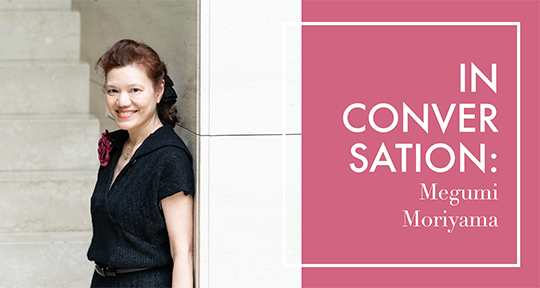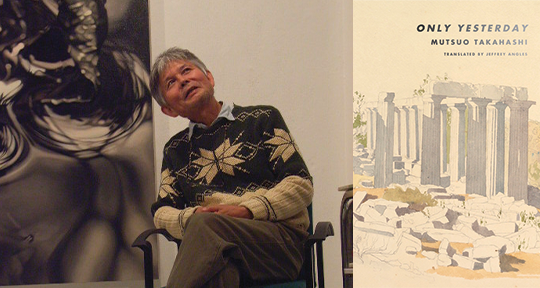Japanese poet, critic, and translator Megumi Moriyama has so far worked on metamorphosing Virginia Woolf’s The Waves (1931) into the Japanese and on a ‘back translation’ of Arthur Waley’s poetic rendition of the world’s first novel, The Tale of Genji by Lady Murasaki Shikibu, in collaboration with her sister, haiku poet and critic Marie Mariya, published by Sayusha. As a poet, Megumi confesses that even her original poems in Japanese are layered with translation across varying texts within and outside her native language. Of her forthcoming poetry collection, she told me, “Perhaps you might say that through translation, I have made a journey into the depths of Japanese language.”
In this interview, I spoke with Megumi, currently in Tokyo, on rendering Virginia Woolf and Waley’s The Tale of Genji into the Japanese; how spiral translation goes beyond back-translations; and the new-age scene of literary translation in Japan.
Author headshot courtesy of Benjamin Parks.
Alton Melvar M Dapanas (AMMD): You translated Virginia Woolf’s experimental classic The Waves into the Japanese as Nami (2021), published by Hayakawa. Could you speak about your process in rendering a 1931 polyphonic novel set in England by a prose writer known for her stream of consciousness narrative mode with the modern-day Japanophone readership in mind? I heard there was so much hype about it, especially on Japanese book Twitter, as it was the first translation of this novel in almost 50 years.
Megumi Moriyama (MM): The new translation of The Waves was welcomed much more enthusiastically than I had expected. When I posted the announcement on social media, it went viral. And after the publication, the book was immediately put into reprint.
I studied Virginia Woolf as a student, and The Waves was one of my favorites of hers, but I never thought I would have the opportunity to translate it. It was thanks to social media that I got the chance. I tweeted very casually that I was interested in translating The Waves, an editor took notice of it, and the project became a reality.



